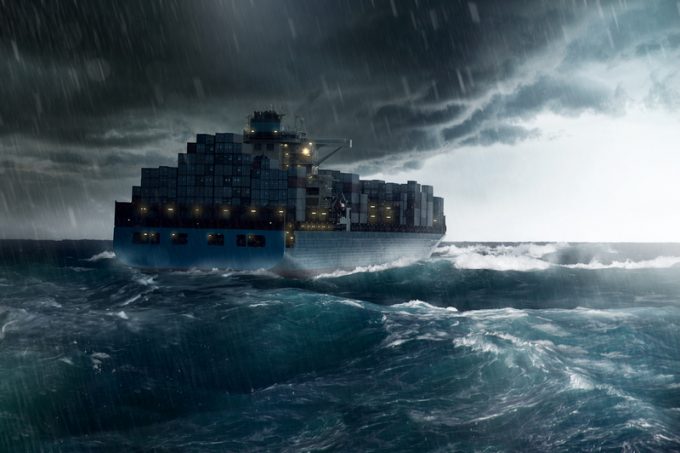Unifeeder launches direct weekly India-Med container service
As mainline operators continue to confront Red Sea-linked operational challenges, DP World’s shortsea shipping arm, ...

Attacks have continued against merchant vessels transiting the Red Sea, despite missile strikes by British and US forces, with a UK minister saying the industry must adapt.
Yesterday saw Iran-backed Houthi militia targeting a US-flagged vessel and the US military launching strikes ...

Comment on this article